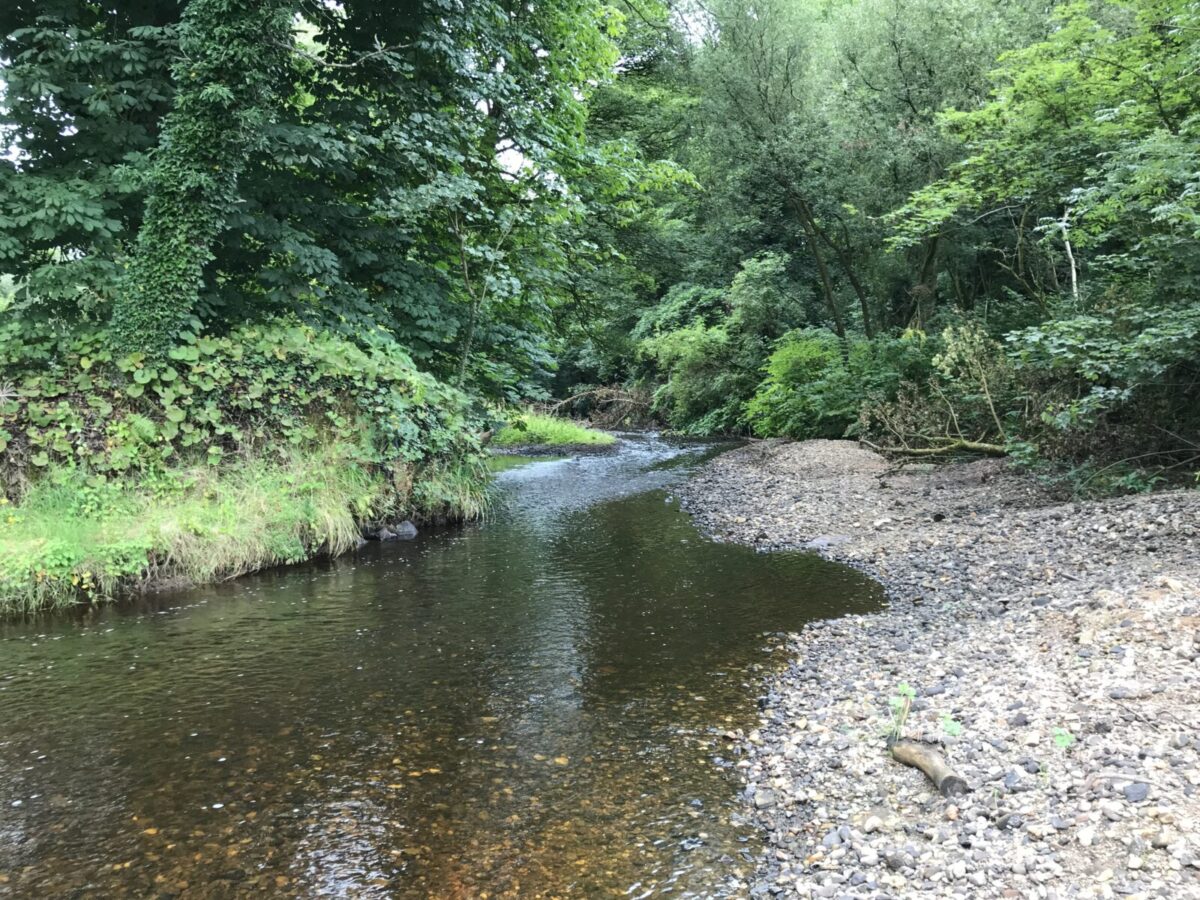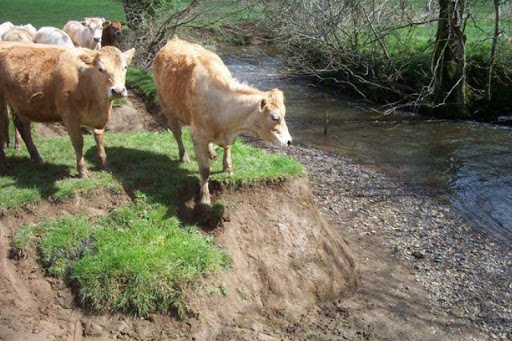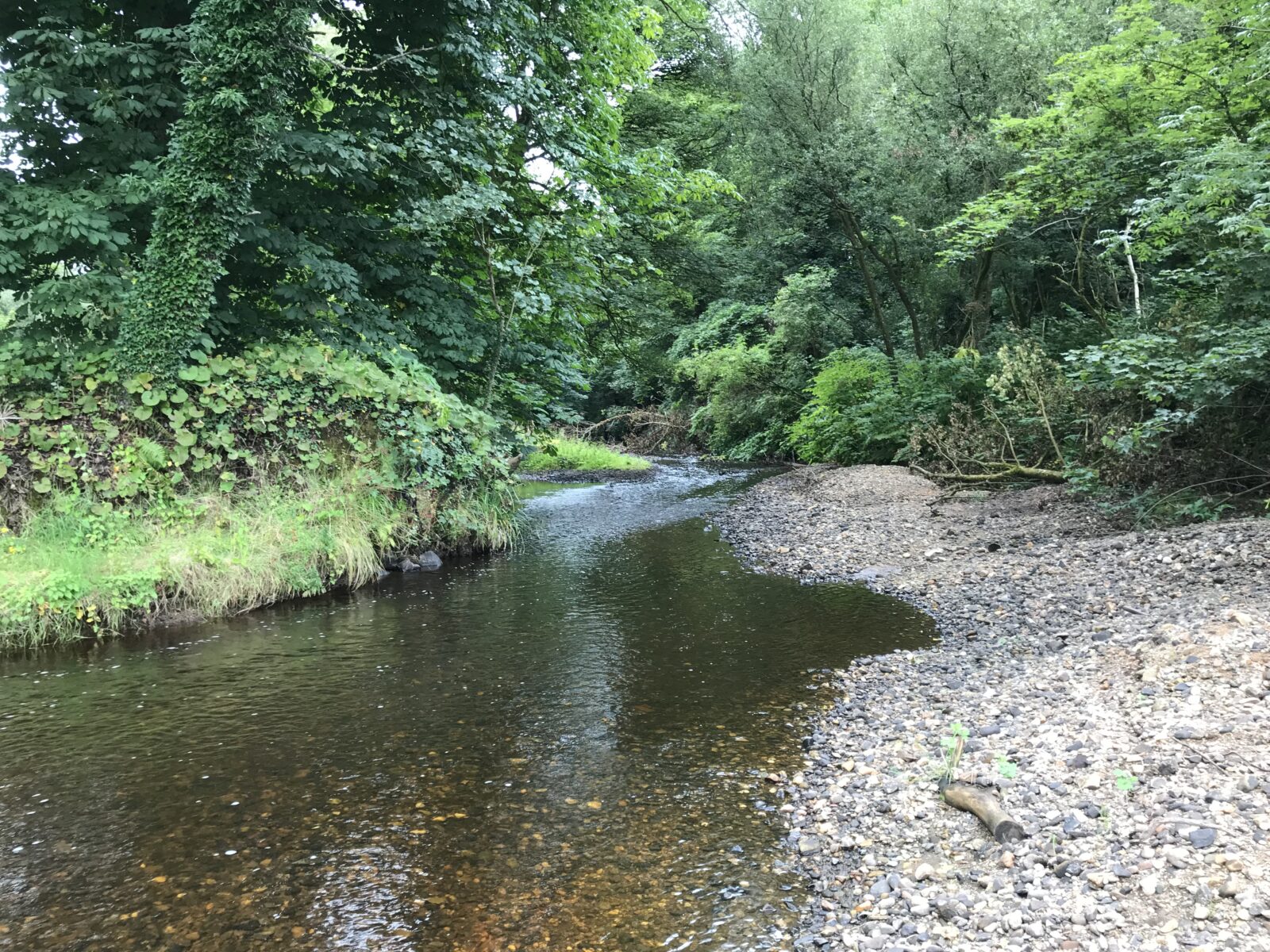Farmers in the Binevenagh and coastal lowlands area are being given the opportunity to improve and grow their farm businesses through a range of projects offered as part of the Binevenagh and Coastal Lowlands Landscape Partnership Scheme.
Across the five years of the project, the scheme will work with and on behalf of local communities, farmers, and landowners to explore, enhance, conserve, and improve access to the outstanding landscapes and heritage of the Binevenagh area.
As part of this suite of projects, local farmers can benefit by getting involved in the Curly Burn Catchment care project which is funded by the National Lottery Heritage Fund and The Loughs Agency. The Curly Burn and its tributary, The Lynn, form the largest full river catchment within the landscape partnership area, covering an area of around 40 square kilometres with the main channel stretching for approximately 9 kilometres. The entire main channel of the river falls under the River Roe and Tributaries Special Area of Conservation (SAC) and Area of Special Scientific Interest (ASSI), which has been designated to protect its populations of Atlantic Salmon, Otter and Old Sessile Oak Woods which are deemed to be of national and European importance.

The largest land use in the area, as with most of Northern Ireland, is farming, with around 50% of the catchment area utilised for grazing livestock, therefore local farmer involvement is key to the success of this project and sustaining the benefits of the work into future generations.
Local anglers have highlighted that the Curly Burn has fantastic potential to enhance the stocks of fish in the Roe System and further angling opportunities in its lower reaches, however intensification of agriculture and in channel modification over the last 50-60 years have degraded the habitat and water quality of the river. Therefore, our work will initially focus on the heavily modified lower sections of the river running downstream of Lower Bolea road bridge.
Through working with farmers and landowners we will aim to minimise livestock access to the river by providing farmers with free fencing and cattle drinkers where grazing land runs adjacent to the river. With free access, stock can increase riverbank and soil erosion and kick up silt within the river channel which negatively impacts salmon breeding, river invertebrate population and overall water quality.

A second area that we will help farmers to manage is that of fertiliser and pesticide use. These can inadvertently be applied in excess, at not only a financial cost to the farmer, but can enter the river through surface and groundwater runoff. This raises concerns for aquatic life and can present problems for drinking water extraction. To combat these issues, we will run a series of free landowner events to advise on best methods and techniques for soil fertility management, and the safe use of pesticides. In addition, in partnership with the Woodland Trust we will facilitate the planting of native tree buffer strips which will lessen the impacts of surface and groundwater runoff.
The Curly Burn Catchment care project also links closely with the farm resilience project which is open to all farmers in the Binevenagh Landscape Partnership area. Farmers in the area can avail of these free farm plans which will be developed on a one-to-one basis and specifically tailored for each farm business.
To express your interest in the Curly Burn Catchment care or farm resilience project, please contact aisling@ccght.org or call 07951 371561

